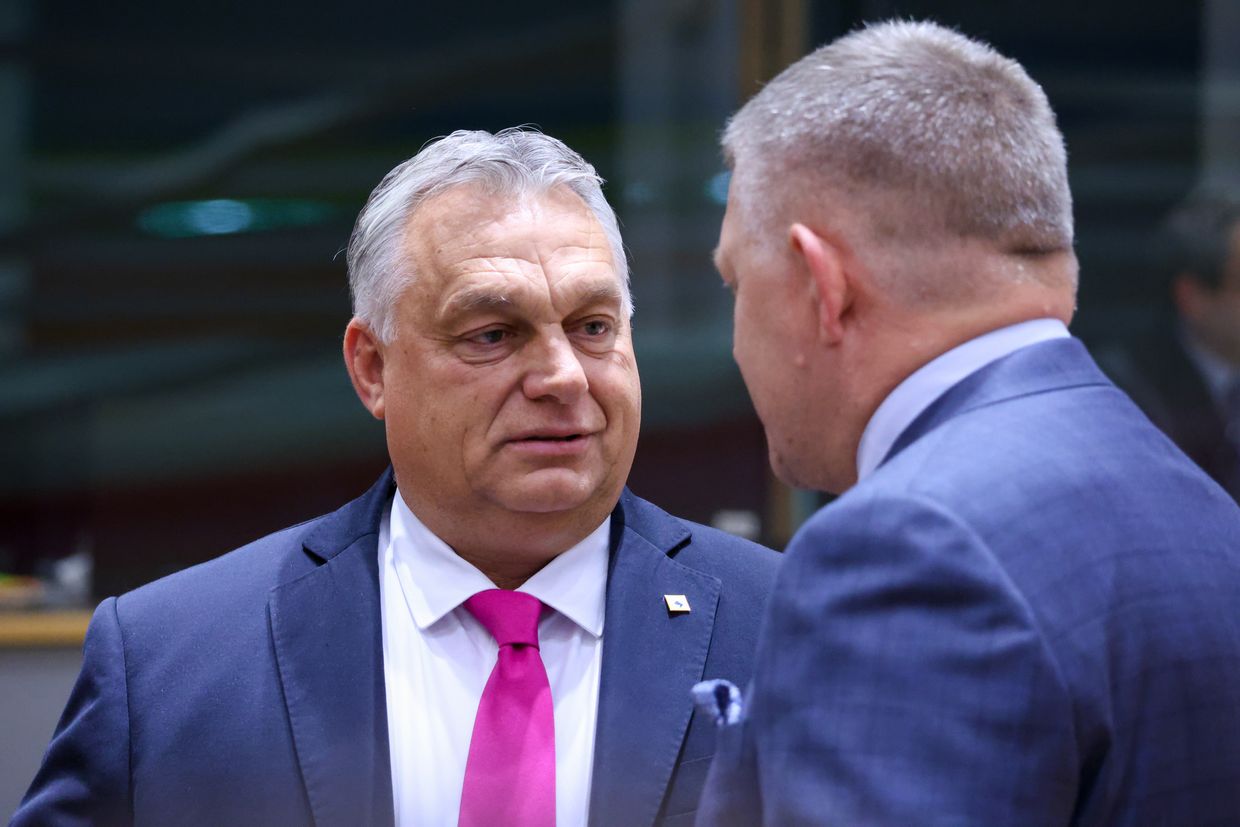Russian official proposes canceling debt of soldiers fighting in Ukraine

Russia's Human Rights Commissioner Tatyana Moskalkova suggested writing off the debts of Russians who have fought in Ukraine, Russian state-run media TASS reported on Nov. 15, citing her comments at the Council of Human Rights Ombudsman.
Russian dictator Vladimir Putin previously signed a law in December 2022 that fully or partially froze debt repayments for Russian soldiers fighting in Ukraine. However, payments would resume 30 days after a soldier stopped fighting.
Moskalkova said, "When they return, they will have to pay. And we must understand that, firstly, this is unfair, and secondly, this, of course, can give rise to social tension.”
According to Russia's Federal Bailiff Service (FSSP), more than 300,000 payments were suspended over the whole of 2022 and 125,000 in the first half of 2023.
The suspension did not apply to alimony claims.
There have been suggestions of a looming crisis that will affect Russia when soldiers fighting in Ukraine return home.
A report by RFE/RL in June 2023 found that Russian healthcare specialists were concerned about a spike in drug and alcohol addiction as Russian veterans of the war against Ukraine came home and sought to cope with their experience.
The healthcare experts also said there could be associated social consequences.
The Guardian reported in August 2023 that convicts returning to Russia as free men after fighting for the Wagner mercenary group in Ukraine have led Russian women to fear increased threats of murder, rape, and domestic violence in the country.
An op-ed published by the Rand Corporation in June 2023 warned, "Just as the terms 'Afghan Syndrome' and 'Chechen Syndrome' emerged to describe the plight of Russian veterans who lacked support and struggled to adapt to civilian life after those conflicts, it is only a matter of time before “Ukraine Syndrome” grips Russia, as thousands of veterans suffering from posttraumatic stress disorder (PTSD) or other conditions return home."












